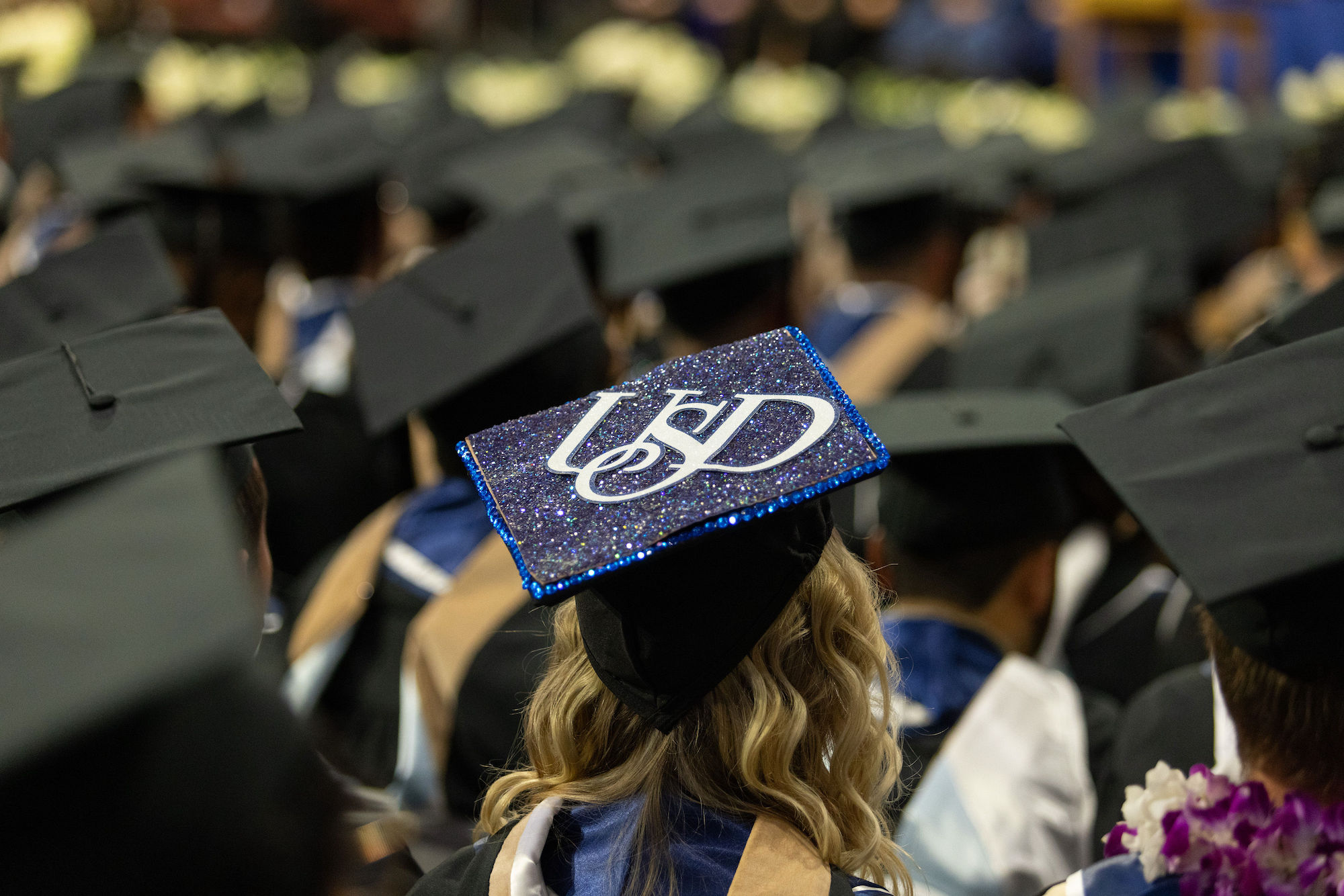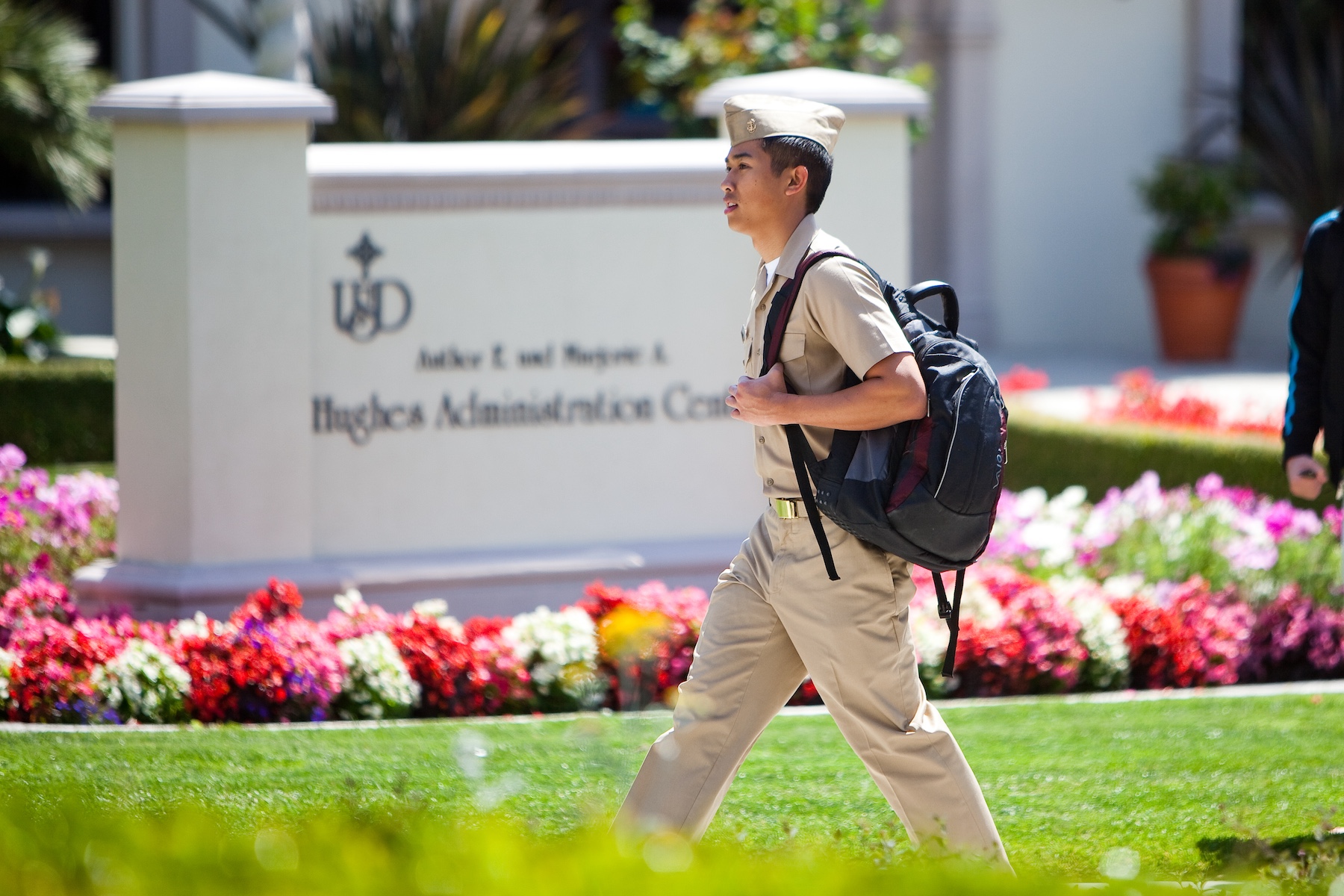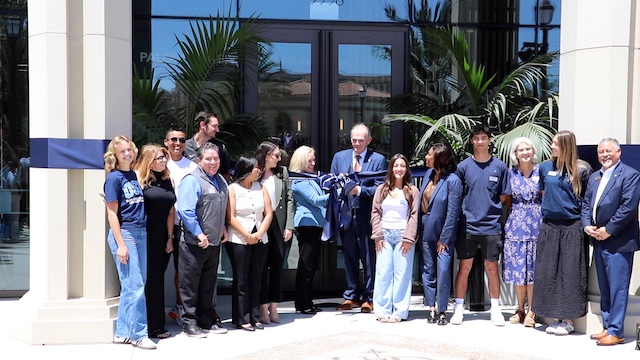State of Nonprofits Quarterly Index Report for Quarter 3, 2013
State of Nonprofits Quarterly Index
Report for Quarter 3, 2013
Charting the Economic Health of San Diego’s Nonprofits
San Diego –The Caster Family Center for Nonprofit and Philanthropic Research has released data from Quarter 3, 2013 for the State of Nonprofits Quarterly Index.
Part 1: Quarter 3, 2013 vs. Quarter 2, 2013
Public Confidence +0.4%
Individual Giving
· Individual Giving ($ per household) +8.8%
· Individual Giving (# of households) -2.4%
Volunteerism
· Volunteerism (hours per household) +3.3%
· Volunteerism (# of households) -1.2%
Demand for Services[1] -0.8%
Employment: Nonprofit Job Postings +2.2%
As we approach the holiday season, it is interesting to note that both the number of households volunteering and the number of households giving to nonprofit charities have declined somewhat. Yet the hours volunteered and the dollars given per household have both increased since last quarter. Demand for service remains relatively stable (as compared to the same quarter in 2012) and overall nonprofit employment, as measured by the number of job postings, is on the rise for two consecutive quarters.
Part 2: From the CEO’s Desk
CEOs of San Diego nonprofits report on current trends in the nonprofit sector. Trends in Quarter 3 focused on funding and financial challenges; government and politics; organizational development, staffing and leadership; and resilience strategies of collaboration and consolidation.
Nonprofits continue to utilize strategies of resilience such as collaboration and consolidation, and trend reporters are increasingly focusing on organizational development practices. Specifically, it seems nonprofit leaders are strengthening the ways in which they evaluate their missions and communicate that value to donors. One trend reporter noted a “focus on storytelling and innovative reporting. Nonprofits are calculating their impact in new and creative ways to better connect with and inspire donors and supporters.”
However, all is not rosy. Trend reporters still indicate there is tremendous uncertainty in their economic landscape. One CEO described the experience of oscillating from hope to seeming hopelessness. “Overall morale can move from feeling a sense of increased purpose, mission and need, to despair and overwhelming feeling that the needs and demands are too great to respond to.”
http://stateofnonprofits.org/ceo-desk/A full report can be found at
About the Index
The State of Nonprofits Quarterly Index is San Diego’s only nonprofit economic index. The index provides data about seven key indicators that have direct impact on the economic health of San Diego nonprofit organizations. Data for the index are derived from a variety of sources, including: the quarterly Caster Center Giving and Volunteering Survey, 2-1-1 San Diego, nonprofit job postings, and California’s Employment Development Department. Additionally, a panel of more than 100 San Diego nonprofit leaders serves as “nonprofit economic trend reporters” contributing quarterly data about emerging trends in the sector. For a list of trend reporters, visit: StateofNonprofits.org/partners.
This project is presented with support from: Luth Research, US Bank, 2-1-1 San Diego, and The Westreich Foundation.
The Caster Family Center for Nonprofit and Philanthropic Research is part of the Institute for Nonprofit Education and Research in the Department of Leadership Studies at the School of Leadership and Education Sciences (SOLES) at the University of San Diego (USD), and is the leading source of information, data and research on the local nonprofit sector. The mission of the Caster Center is to provide research, evaluation and consulting services in order to enhance the leadership and strategic- and evaluative-thinking capacity of local nonprofits.
The School of Leadership and Education Sciences (SOLES) houses academic departments, centers and institutes within Mother Rosalie Hill Hall at the University of San Diego. The nationally-accredited, innovative and vibrant programs offered within SOLES are led by an administrative team, faculty and participatory advisory boards for the school and centers.
The University of San Diego (USD) is a Catholic institution of higher learning committed to teaching, the liberal arts, the formation of values and the creation of ethical leaders. Chartered in 1949, the school enrolls approximately 7,800 undergraduate and graduate full-time equivalent students. USD has a long history of public service and was recently recognized as a Changemaker Campus by Ashoka, the global association of the world’s leading social entrepreneurs. The university’s eight academic divisions include the College of Arts and Sciences, the schools of Business Administration, Law, Leadership and Education Sciences, Nursing and Health Sciences, Peace, the Department of Engineering, and the Division of Professional and Continuing Education.
###
About the University of San Diego
Strengthened by the Catholic intellectual tradition, we confront humanity’s challenges by fostering peace, working for justice and leading with love. With more than 8,000 students from 75 countries and 44 states, USD is among the Top 20 Best Private Schools for Making an Impact according to The Princeton Review. USD’s eight academic divisions include the College of Arts and Sciences, the Knauss School of Business, the Shiley-Marcos School of Engineering, the School of Law, the School of Leadership and Education Sciences, the Hahn School of Nursing and Health Science, the Joan B. Kroc School of Peace Studies, and the Division of Professional and Continuing Education. In 2021, USD was named a “Laudato Si’ University” by the Vatican with a seven-year commitment to address humanity’s urgent challenges by working together to take care of our common home.
Contact:
Pamela Gray Payton
pgray@sandiego.edu
(619) 260-4681



